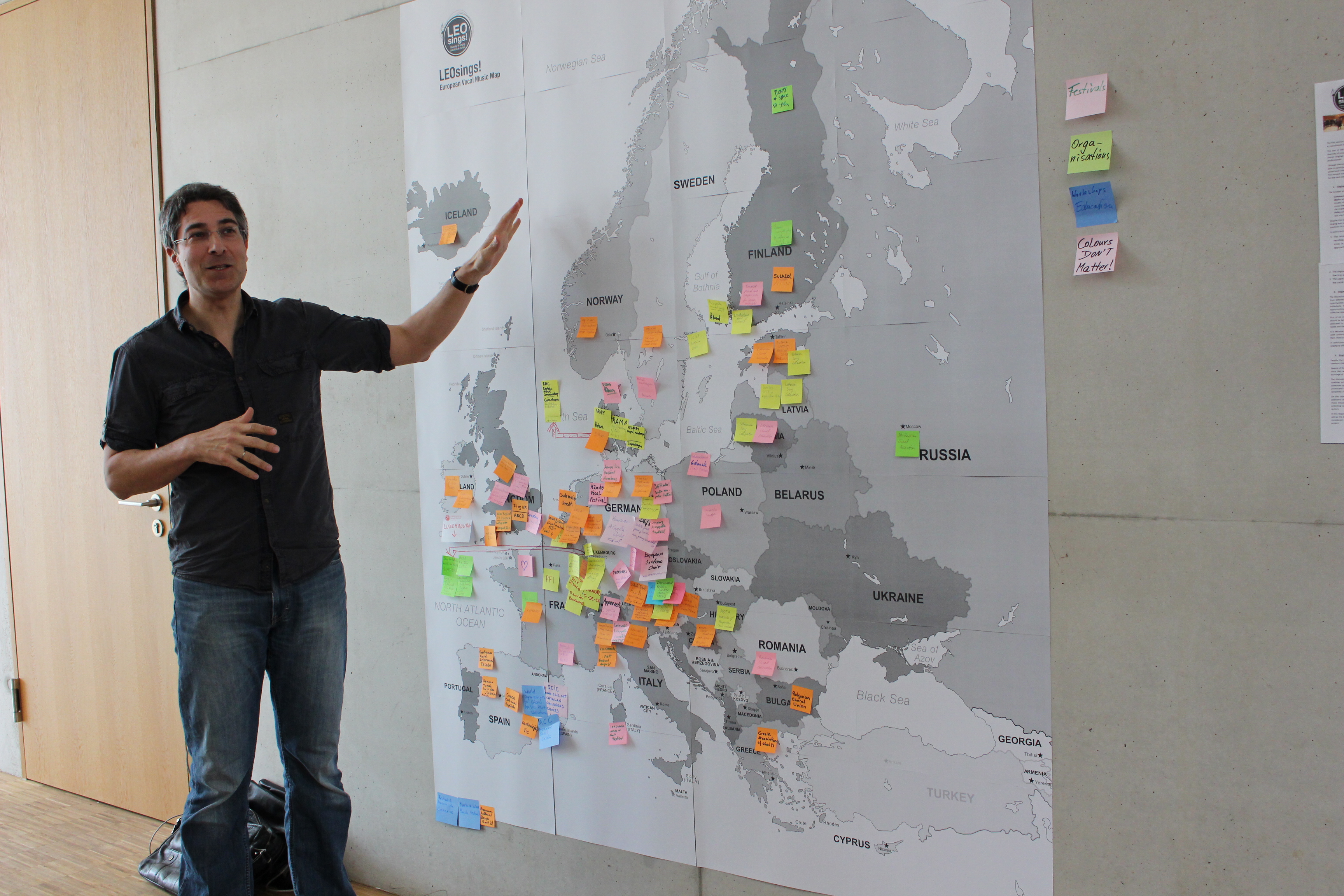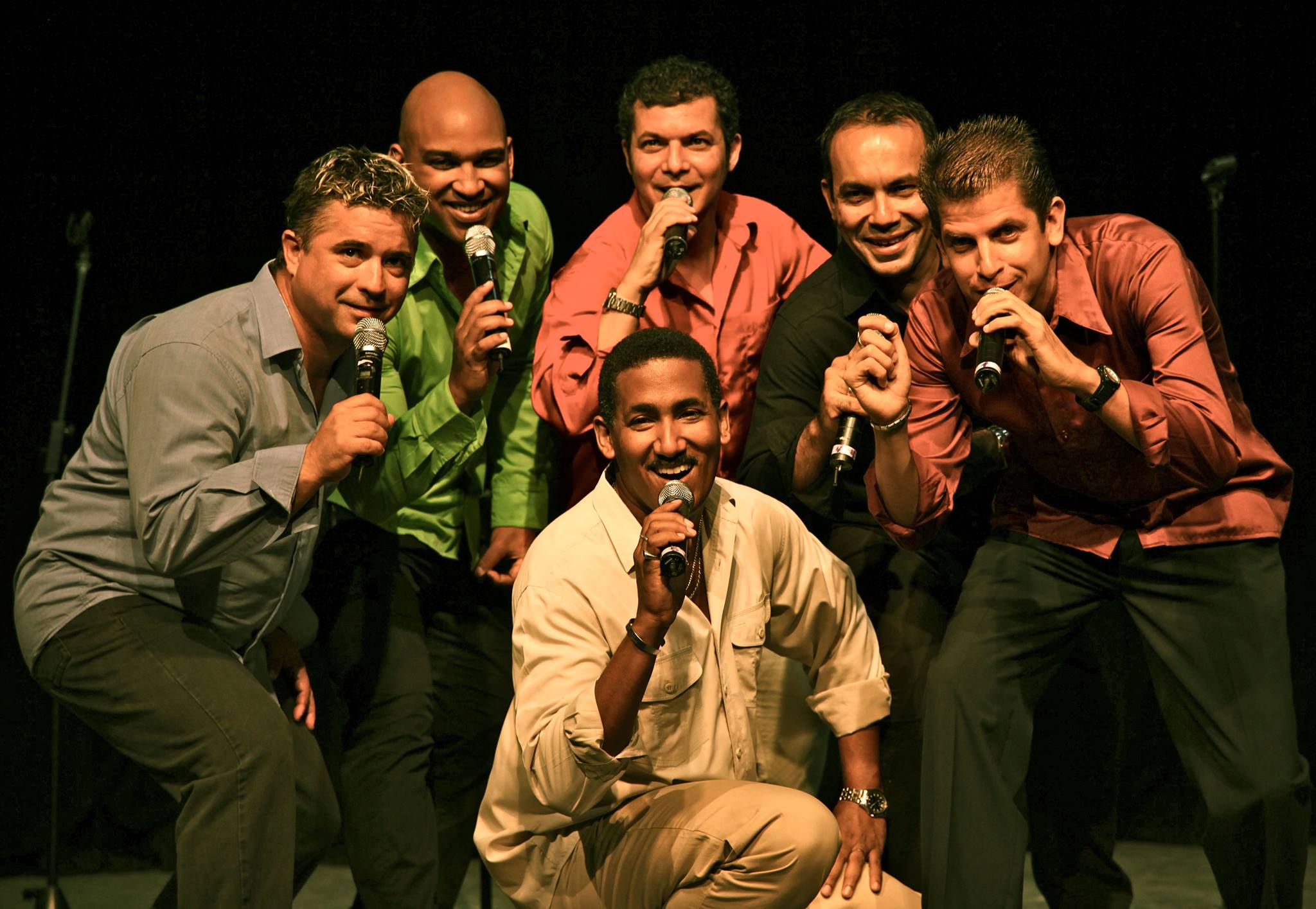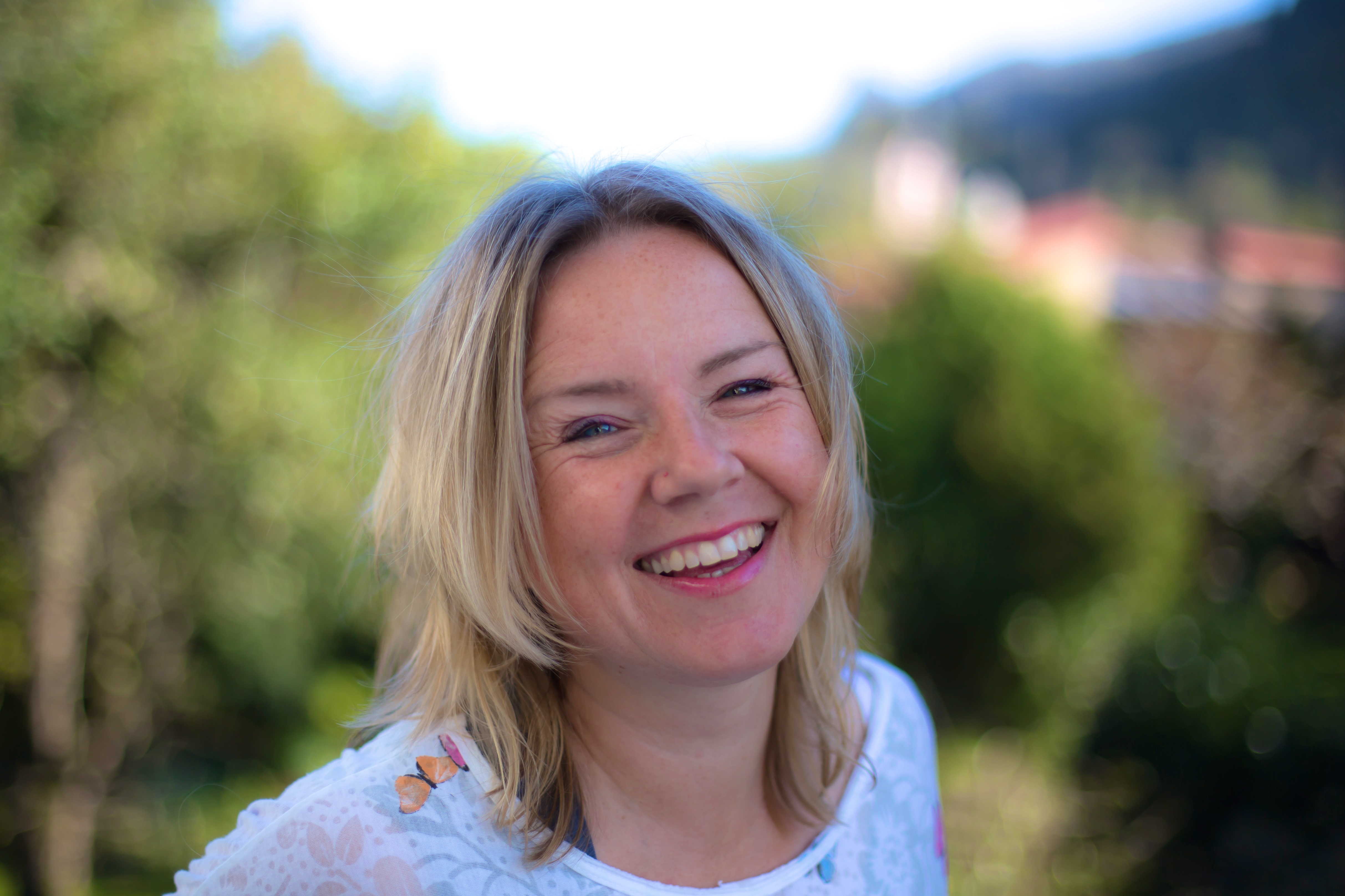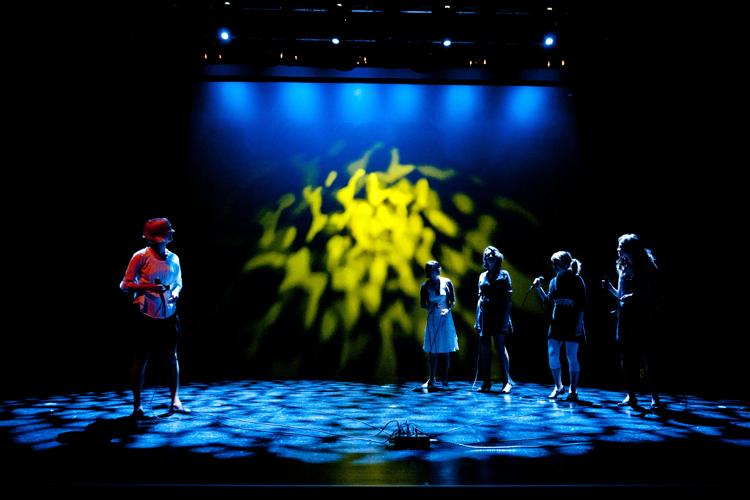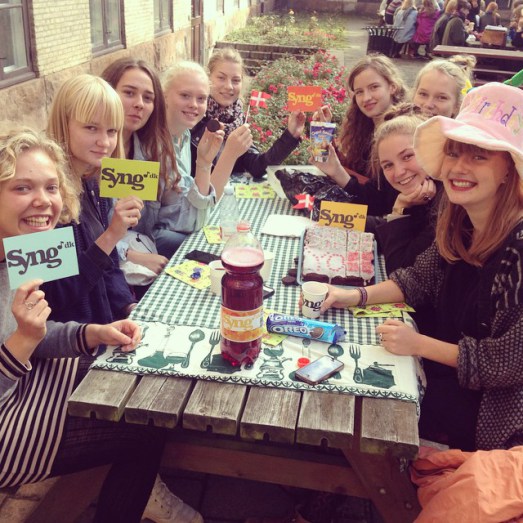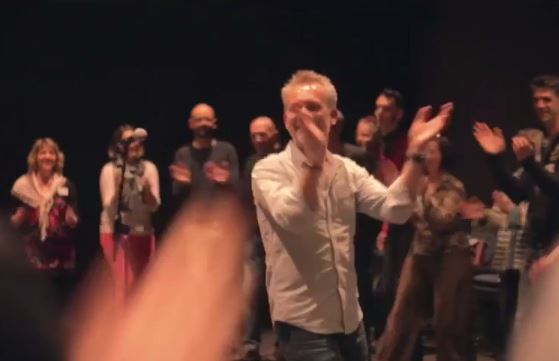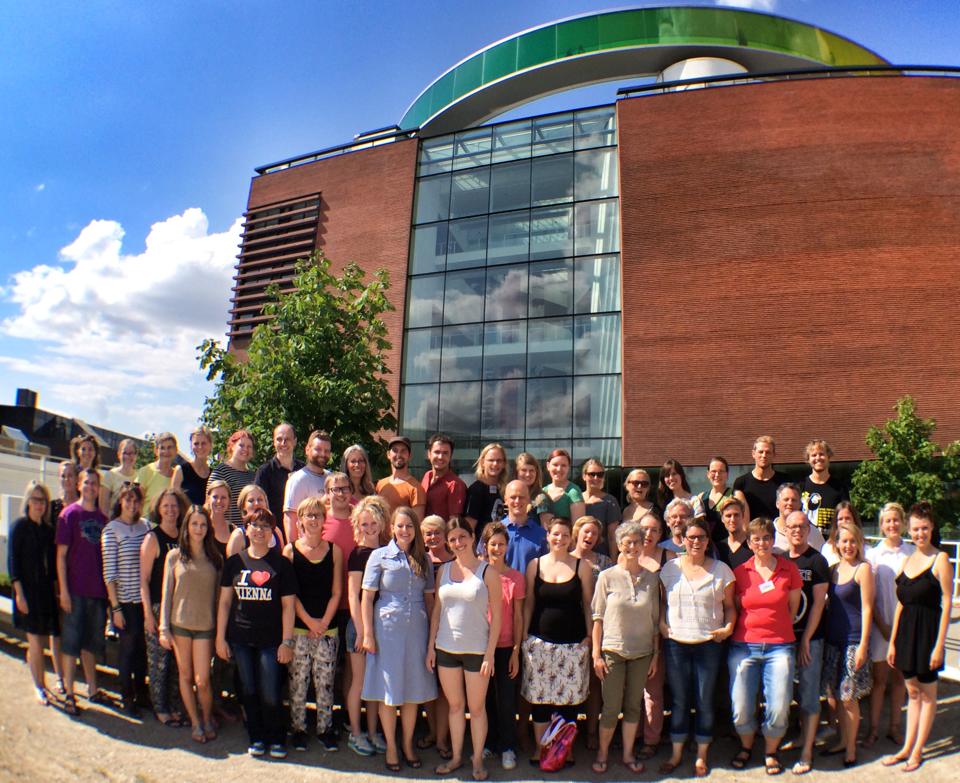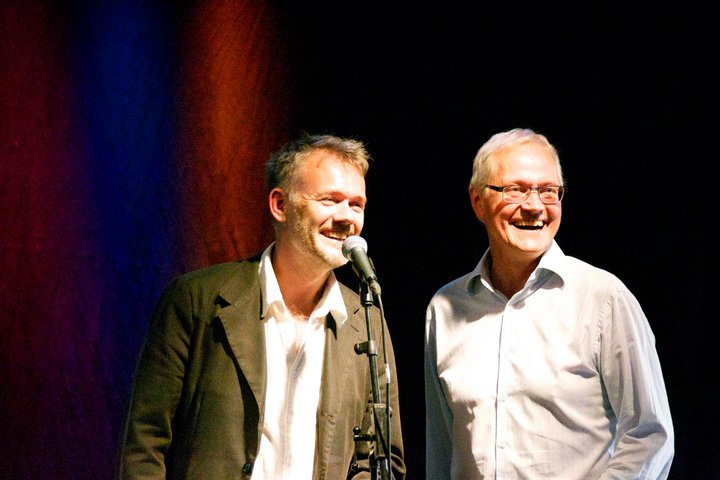+++ It would mean much to me, if you shared this with your vocal music friends, colleagues and networks! +++
This is my personal opinion, coming from more than three years on the EVA board. Just wanted to make a few things clear.
- I’m proud and happy to work for EVA, the European Voices Association.
- We’ve been around since 2012 and as a matter of fact the kick-off euphoria has been replaced by reality, i.e. work, more work, slow progress, setbacks, difficulties, detours and tedious admin work.
- Nevertheless, we have *started* and although we haven’t completely changed the vocal music world (yet), we have learned and achieved many things that will hopefully make us better community organizers.
- One word to all the cherrypickers, cheap talkers and skeptics who like to ask questions like „What’s in it for me?“ „What is the actual pay-off?“ „What’s the return of investment on my membership fee?“ and „What are these guys actually doing?“: Have a look at the www.europeanvoices.org, google for LEOsings (the 2-year EU project we participated in and paid for 22 workshop trips of our members to places like Barcelona, Aalborg, Tours, Freiburg and Copenhagen) or – much better – get in touch and ask what YOU can do for the community. Not vice versa.
- This association is still in the „seed phase“, i.e. the community ( 🙂 you) that longs for accessible information, better vocal music education and a more advanced way of networking, cannot expect quick returns. Becoming a member now and for the foreseeable future is a commitment to the good cause: To improve the framework of working, rehearsing, performing and simply enjoying vocal music.
- If we want this idea to grow, we have to grow in numbers. What me most urgently need are people who help to create relevant content: We would love to have EVA social media managers, co-bloggers, researchers and yes, the occasional admin hand. #joinEVAnow does not only mean to become a paying member of the Association. We need you to grow as a team of volunteers, who are always short on time.
Thank you for spreading the news, Karin Mueller, Volker Bauer, Peter Martin Jacob, Indra Tedjasukmana and Tilo Beckmann are looking forward to your comments, your recommendations and your input. And for more international, female, young, innovative, creative members for the EVA core team.
Here’s to a great community, to our vision, but also the long and winding road of discussing, planning, learning and implementing.
FSt
Florian
P.S. One thing you could do right now – it won’t take you more than 10 minutes: Go to the EVA website and add your favorite vocal music festival to the European Vocal Music Map. It will only grow if you participate!

